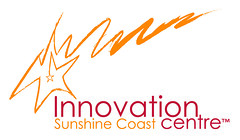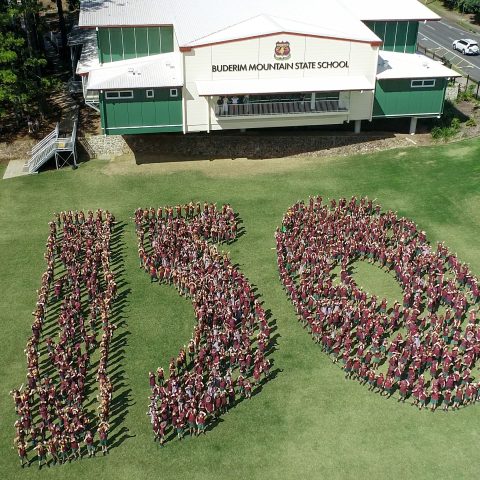 Sunshine Coast entrepreneur and scientist Dr Geoff Edwards has just returned from EnviroAsia 2009, the fourth International Environmental Technologies Exhibition and Conference where he advised world experts about the future of nanotechnology in the
Sunshine Coast entrepreneur and scientist Dr Geoff Edwards has just returned from EnviroAsia 2009, the fourth International Environmental Technologies Exhibition and Conference where he advised world experts about the future of nanotechnology in the
Clean Technology industry.
Dr Edwards, managing director of Nano-Nouvelle, was one of several experts from around the world invited to speak at the Sustainable Energy Conference at EnviroAsia 2009 in Singapore.
He told the conference that there was great potential for the use of nanotechnology in the clean energy sector, where it had already made a significant impact with solar cells and batteries.
“For clean energy to be widely adopted it is vital that it be affordable and nanotechnology developments and further research is key to achieving this.”
Dr Edwards said there had been significant development of manufacturing methods in the semi-conductor industry, which together with academic research had greatly expanded the range of nano-scale features that could be created, the range of materials they could be created in, and the number of legitimate large-scale production methods that could be used.
“This is exciting news for the clean energy industry. Nanotechnology can potentially have an impact in any area of clean energy where the performance of a material is significant,” he said.
He said just a few of the applications that could benefit in the future included thermoelectric materials, solar cells and hydrogen storage as well as air and water treatment.
Nano-Nouvelle, which is a client of the Innovation Centre Sunshine Coast, is developing a nano-structured semiconductor, in the form of a thin film, to efficiently convert various forms of energy into electricity.
Innovation Centre Sunshine Coast Entrepreneur-in-Residence Nigel Hall said Dr Edward’s presentation in Singapore was evidence of his expertise in the area, and testament to the technology he was developing, which had great potential across a range of applications.
Dr Edwards said while their development was at an early stage, potential applications in clean energy were very large.
“The key to widespread use of clean energy,” as he told the conference, “is provision of that energy at a price that is competitive with fossil fuels. Our technology aims to assist this”.
“The recent explosion in nanotechnology is exciting as it is providing new ways to manipulate the structure of materials at the nanometre scale (one nanometer is one millionth of a millimeter) and at a time when sustainable energy is crucial, the clean energy sector can benefit from this,” he said.
Mr Hall said as a University of the Sunshine Coast company, dedicated to the development of the region’s economy, the Innovation Centre was proud to be playing a part in Nano-Nouvelle’s development.
“Developing this kind of new technology locally shows the depth of talent in the region, talent that drives the development of sectors such as Clean Technology, Digital and Creative Industries,” Mr Hall said.
Dr Edwards said the use of nanotechnology in the clean energy sector had to be part of a well-planned, focused strategy for development and manufacturing of the whole product.
“The costbenefit ratio is critical and manufacturing scale-up is a major issue for nanotechnology in achieving favourable ratios.
“Industry must be prepared to fund and undertake serious research and development in order to realise the potential that exists in this field,” he said.




